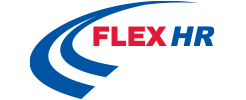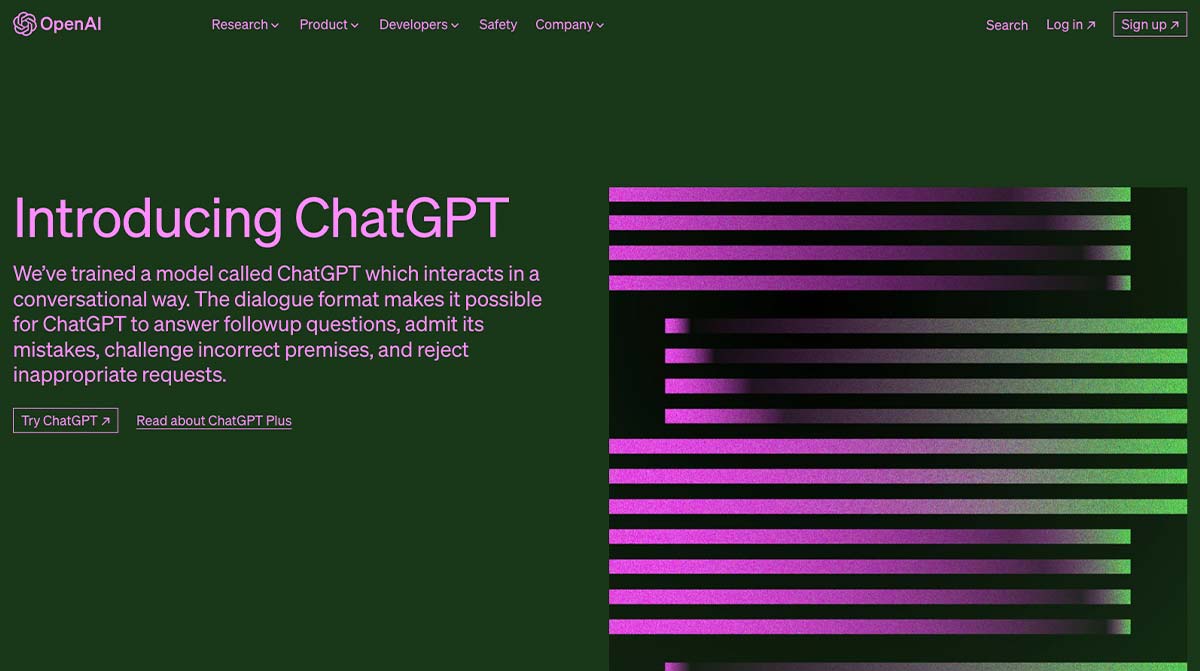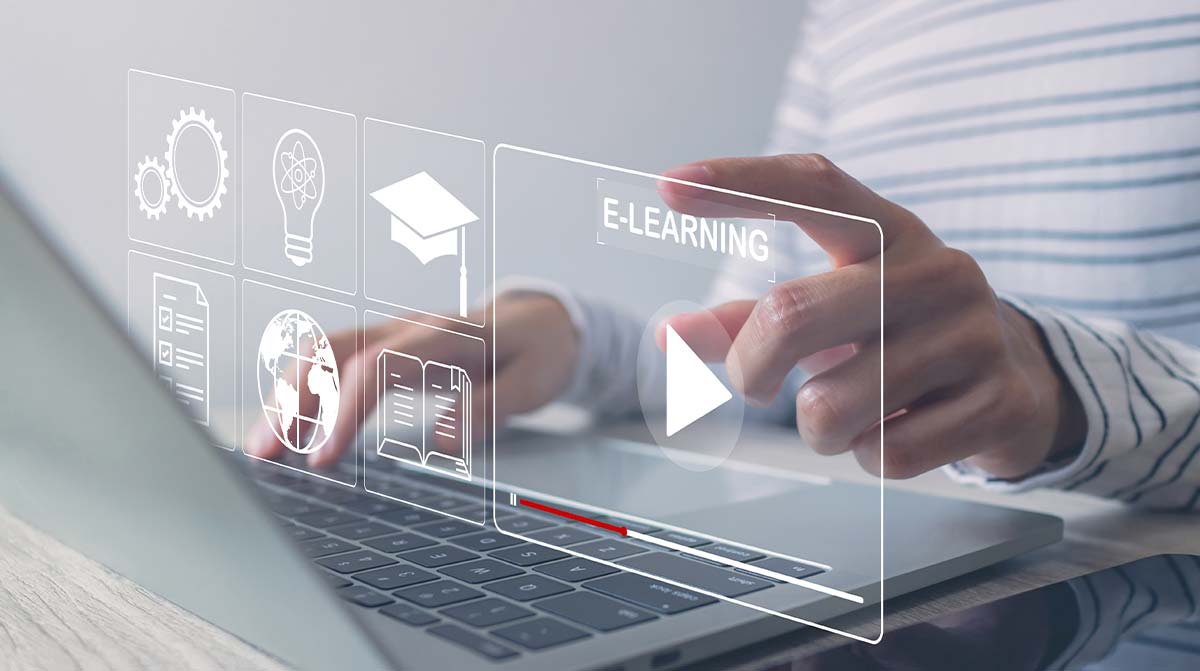Using AI Wisely in HR and the Workplace
In the past decade, the use of Artificial Intelligence (AI) has continued to expand into every area of the workplace, including HR.
The use of AI in Human Resources potentially saves time and money, and reduces the monotony of repetitive tasks. It can help prioritize good candidates when recruiting, for example, reducing the time spent going through hundreds of applications. It can help with payroll, aspects of training, and a host of other HR-related tasks.
In this digital age, a word of caution is needed. While AI is becoming more prominent for various job aspects, human knowledge and interaction is still necessary for others, which should never be replaced.
Using AI has helped HR to save time and focus on the issues that need a more human touch, but organizations need to continue to prioritize using human employees. Technology needs to be seen as an aid to achieve more work/life balance for employees, not a replacement for them. It’s important to create a written policy to determine when AI can be used in the workplace.
Know the Risks
The Society of Human Resources Management put out results from a survey in February 2022 which showed that almost 25% of organizations use automation or AI to aid HR tasks, and 79% of employers used AI or automation in recruitment and hiring.
As more duties are given to AI and Chatbots such as ChatGPT, HR professionals need to measure the risk of data leaks and not lose the human touch needed in certain tasks.
AI presents exciting opportunities but also risks. While AI can reduce errors, it can also cause more errors.
Although some workers trust AI over humans because they think it is less prone to error, they should keep in mind that the information the AI is working with, and its coding, was provided by humans and thus is prone to error as well. Furthermore, it can be biased, depending on the information it is fed.
There is also the concern of data security using artificial intelligence tools. For example, Samsung recently banned the use of ChatGPT after some employees accidentally leaked some sensitive information through it. Some coding that was not meant to be shared was leaked, making it accessible on bigger servers such as Google Bard and Bing. To combat this issue, Samsung has had to begin making their own internal AI tools.
HR leaders see this concept of creating AI tools based on company needs as the next major revelation in the AI trend. More specialized tools that are organizationally developed will give employees a more straightforward role in using AI to their benefit.
While there are risks of errors and security associated with AI, it’s also important to remember that some aspects of HR should never be given to AI. AI tools shouldn’t completely eliminate candidates for a job, for example, or be solely relied upon to assess a worker’s output or be fully entrusted to teach.
You can’t replace human intuition, which tells us when to probe deeper and sees possibilities for development or opportunity that AI will not.
Though AI chatbots can help and are sometimes preferred by workers, they can also be frustrating. They can’t pick up on the subtext of what a person is saying or guess the underlying problem with little information. We need to recognize and work with the limitations of AI if we are to be successful at integrating these tools in the workplace.
Put It in the Handbook
If companies choose to use AI in their workplace, they need to outline which tasks and roles it can be used to fulfill in their handbooks. They need to outline their policies and make sure they keep them updated as the technology and needs of the organization evolve.
It’s essential to put appropriate limits and parameters on the use of artificial intelligence like ChatGPT in companies to reduce some of the risks mentioned above.
Conclusion
FlexHR can help you find the most effective and safe ways to use AI for your business. We specialize in helping companies to update employee handbook language to keep up with advances in artificial intelligence. You can consult us about the best ways to use AI software to increase employee productivity, too!
Contact us now to discuss your HR needs.



